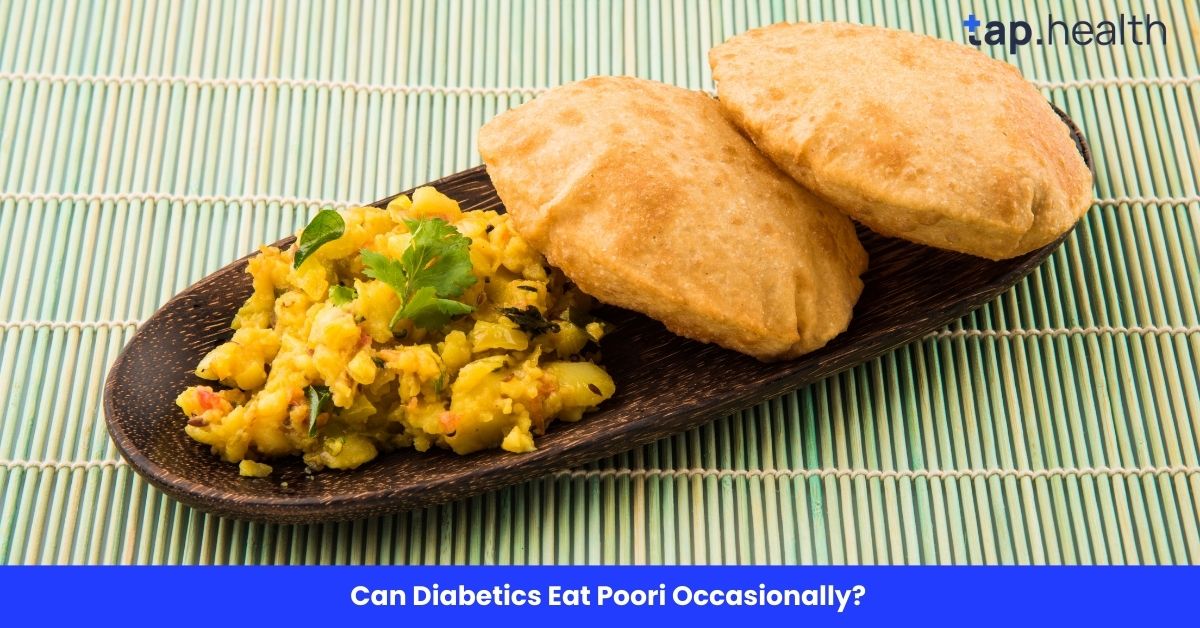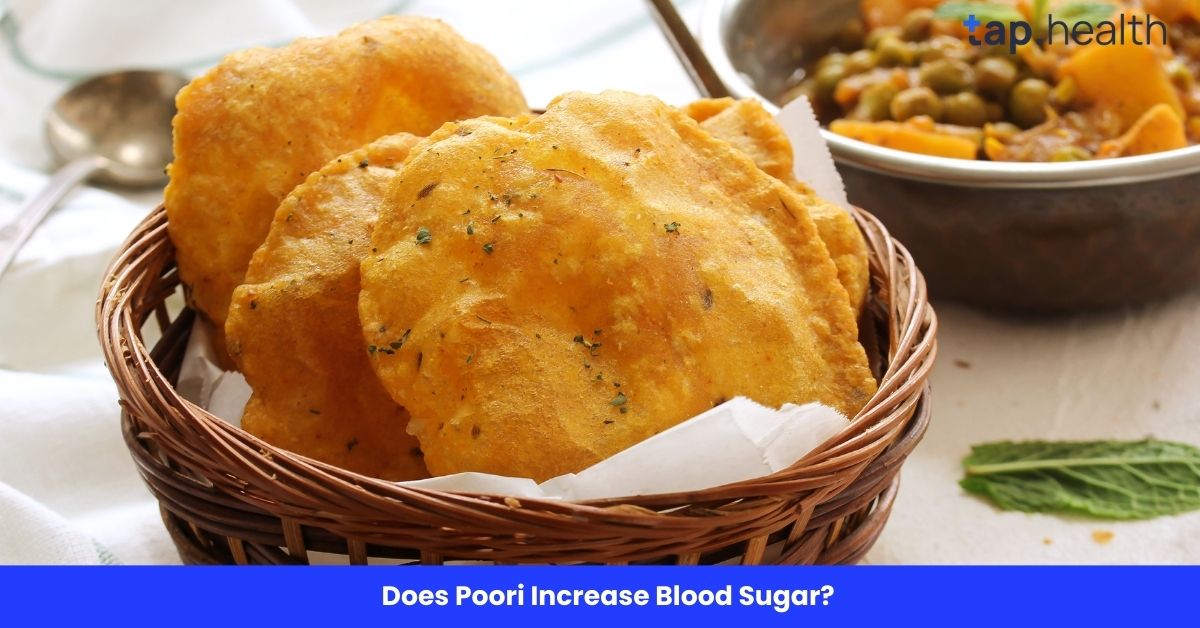Acute pancreatitis, a sudden inflammation of the pancreas, can significantly affect a person’s health and longevity. The condition varies in severity, from mild cases with quick recovery to severe episodes that may lead to life-threatening complications. Understanding how acute pancreatitis influences life expectancy, survival rates, and quality of life is crucial for patients and healthcare providers. This blog explores the factors affecting life expectancy, the role of lifestyle changes, and emerging treatments, addressing common questions like “What is the survival rate after acute pancreatitis?” and “How can I improve my quality of life post-recovery?”
What is Acute Pancreatitis?
Acute pancreatitis occurs when the pancreas, a gland behind the stomach that aids digestion and regulates blood sugar, becomes inflamed. This inflammation, often triggered by gallstones or excessive alcohol consumption, causes digestive enzymes to activate prematurely, damaging the pancreas and surrounding tissues. The condition ranges from mild, self-resolving cases to severe forms requiring intensive care. Severe acute pancreatitis, particularly with complications like infected pancreatic necrosis, carries a mortality rate of 10-30%.
Key Points:
- Symptoms: Severe abdominal pain, nausea, vomiting, fever, and a tender, swollen belly.
- Diagnosis: Involves physical exams, blood tests (checking amylase and lipase levels), and imaging like CT scans or ultrasounds.
- Treatment: Mild cases are managed with pain relief and IV fluids, while severe cases may require ICU care, enteral nutrition, or procedures like endoscopic retrograde cholangiopancreatography (ERCP).
Causes and Risk Factors of Acute Pancreatitis
The exact cause of acute pancreatitis is sometimes unclear, but several factors increase the risk. Common triggers include:
- Gallstones: These can block pancreatic ducts, causing enzyme buildup and inflammation.
- Alcohol Consumption: Excessive drinking is a leading cause, irritating the pancreas.
- Other Factors: Smoking, certain medications, high triglycerides, a family history of pancreatitis, or prior abdominal surgeries also elevate risk.
Preventative Insight: Monitoring and managing these risk factors, such as limiting alcohol and maintaining a healthy weight, can reduce the likelihood of developing acute pancreatitis.
Immediate Impact and Complications of Acute Pancreatitis
Acute pancreatitis can have immediate and long-term effects on health. The condition often presents with intense abdominal pain that may radiate to the back or chest, accompanied by nausea and vomiting. Severe cases can lead to critical complications requiring urgent medical attention.
Short-Term Complications
- Organ Failure: Severe acute pancreatitis can impair organs like the lungs or kidneys, necessitating ICU monitoring.
- Pancreatic Necrosis: Dead pancreatic tissue may require surgical removal to prevent infections.
- Infections: Infected necrosis significantly increases mortality risk.
Long-Term Complications
Repeated episodes or severe cases can lead to chronic pancreatitis, characterized by:
- Chronic Pain: Persistent abdominal pain that disrupts daily life.
- Exocrine Dysfunction: Impaired enzyme production, leading to digestion and nutrient absorption issues.
- Diabetes: Damage to insulin-producing cells may cause diabetes.
Management Tip: Early intervention and consistent medical follow-up are critical to minimizing these complications.
Factors Influencing Life Expectancy After Acute Pancreatitis
Life expectancy after acute pancreatitis depends on several factors, including the severity of the initial attack, complications, and post-recovery lifestyle choices.
Severity of the Initial Attack
Severe acute pancreatitis significantly increases mortality risk compared to mild cases. Complications like organ failure or pancreatic necrosis can reduce survival rates. Studies show that patients with severe cases have a lower overall survival rate, with older individuals particularly at risk due to age-related health factors.
Lifestyle and Management Post-Recovery
Post-recovery lifestyle choices play a pivotal role in long-term health:
- Weight Management: Maintaining a healthy weight reduces the risk of chronic pancreatitis.
- Alcohol and Smoking Cessation: Avoiding alcohol and quitting smoking are crucial to prevent recurrent attacks.
- Mental Health: Managing stress and seeking psychological support can improve overall well-being.
Actionable Advice: Collaborate with healthcare providers to create a personalized plan focusing on diet, exercise, and regular check-ups to enhance life expectancy and quality of life.
Survival Rates and Quality of Life After Acute Pancreatitis
The survival rate after acute pancreatitis varies based on the condition’s severity and the presence of complications. Research indicates:
- Mild Cases: Most patients recover fully with minimal impact on life expectancy.
- Severe Cases: Survival rates are lower, particularly with organ failure or infected necrosis.
- Chronic Pancreatitis: Patients with chronic pancreatitis face a higher mortality rate than the general population due to ongoing pancreatic damage.
Improving Quality of Life
Post-recovery, enhancing quality of life involves addressing both physical and mental health:
- Physical Rehabilitation: Exercise programs, including strength training and cardio, improve physical function and energy levels.
- Mental Health Support: Counseling or therapy can help manage anxiety or depression caused by the illness.
- Nutritional Support: A balanced diet or enzyme supplements can address digestive issues.
Patient Tip: Engage in regular physical activity and seek mental health resources to boost overall well-being.
Preventative Measures to Enhance Longevity
Preventing recurrent acute pancreatitis episodes and improving life expectancy require proactive lifestyle adjustments:
- Diet and Nutrition: A low-fat diet and, in severe cases, enteral or parenteral nutrition can support recovery and pancreatic health.
- Avoiding Triggers: Eliminating alcohol and smoking significantly reduces recurrence risk.
- Regular Exercise: Staying active promotes overall health and prevents complications like obesity.
- Medical Follow-Ups: Routine check-ups allow early detection of issues like exocrine dysfunction or chronic pain.
Key Insight: Adopting these measures can lower the risk of complications and enhance long-term outcomes.
Advances in Treatment for Acute Pancreatitis
Recent advancements in medical research offer hope for better management of acute pancreatitis. Innovations include:
- New Medications: Clinical trials are exploring drugs targeting the root causes of inflammation.
- Minimally Invasive Procedures: Techniques like ERCP are becoming more precise, reducing recovery time.
- Regenerative Medicine: Emerging therapies aim to repair pancreatic tissue damage.
Research Highlight: Randomized controlled trials and systematic reviews have improved treatment protocols, enabling evidence-based care that enhances patient outcomes.
Long-Term Care and Monitoring
Ongoing medical care is essential for managing chronic symptoms and preventing recurrence:
- Regular Check-Ups: Monitor pancreatic function through blood tests (amylase, lipase) and imaging.
- Managing Chronic Symptoms: Enzyme supplements for exocrine dysfunction, dietary changes for gastrointestinal issues, and pain management strategies improve quality of life.
- Patient Empowerment: Open communication with healthcare providers ensures timely interventions.
Pro Tip: Schedule consistent follow-ups to catch potential issues early and maintain optimal health.
Frequently Asked Questions
What is the average life expectancy after acute pancreatitis?
Life expectancy varies based on severity and individual health. Mild cases often have minimal impact, while severe cases or chronic pancreatitis may reduce longevity. Consult a doctor for personalized insights.
How can lifestyle changes impact recovery and life expectancy?
Avoiding alcohol, quitting smoking, maintaining a healthy weight, and managing stress can prevent recurrence and improve long-term health, potentially extending life expectancy.
Are there new treatments for acute pancreatitis?
Emerging therapies, including targeted drugs and minimally invasive surgeries, are being tested in clinical trials. These advancements aim to improve outcomes and may become widely available soon.
How common are long-term complications after acute pancreatitis?
Long-term complications like chronic pancreatitis, diabetes, or exocrine dysfunction are more common in severe cases. Regular monitoring and lifestyle changes can help manage these risks.
Conclusion
Acute pancreatitis can significantly impact life expectancy and quality of life, particularly in severe cases with complications like organ failure or chronic pancreatitis. However, proactive measures such as avoiding alcohol, adopting a healthy diet, and maintaining regular medical follow-ups can improve outcomes. Staying informed about emerging treatments and managing chronic symptoms empowers patients to lead healthier, longer lives. By addressing both physical and mental health, individuals can enhance their well-being post-recovery.



